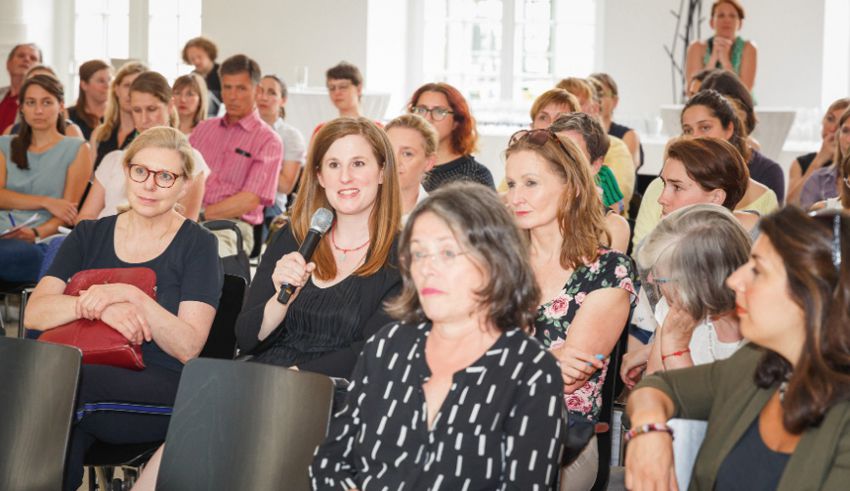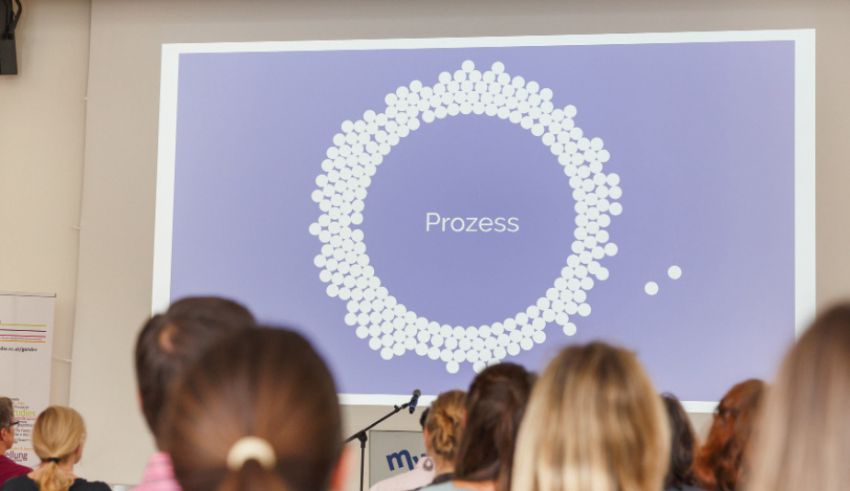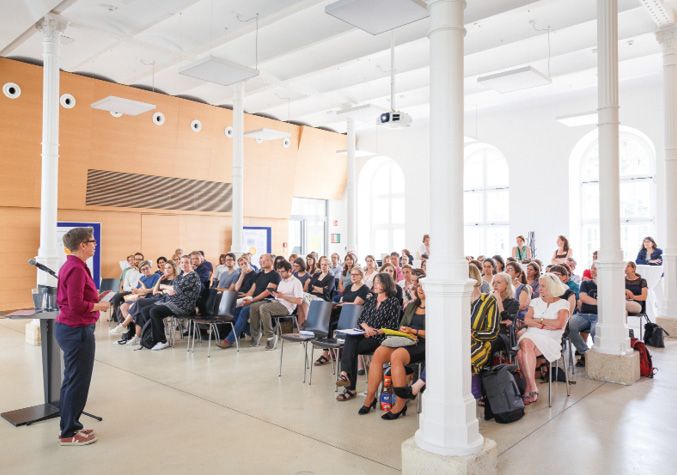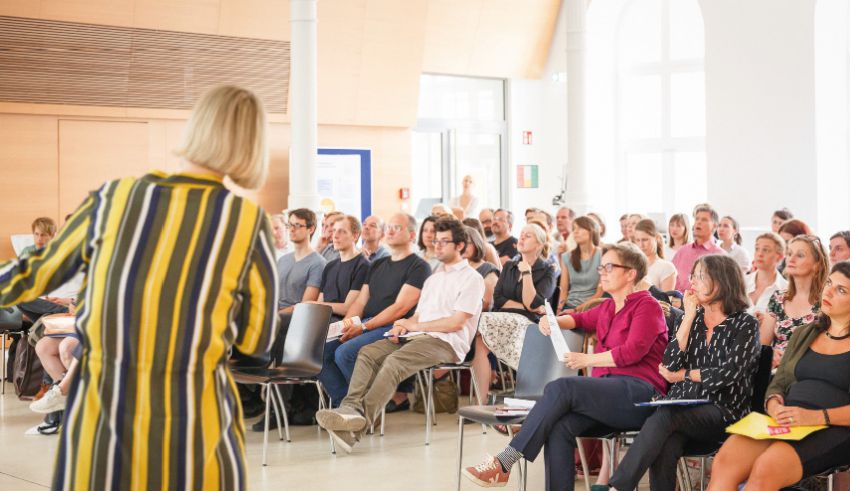Zum Kontext der mdw-Diversitätsstrategie
Im März 2019 hat die Arbeiterkammer Wien eine Studie zu Diskriminierungserfahrungen in Österreich in den Lebensbereichen Arbeit, Wohnen, Gesundheit und Bildung in Auftrag gegebenen. Darin gibt fast die Hälfte aller Befragten an, sich in den letzten drei Jahren zumindest in einem Bereich diskriminiert gefühlt zu haben, für den Bildungsbereich werden dafür als Gründe angegeben: abwertendes Verhalten von Lehrenden, unfaire Leistungsbeurteilung, im Unterricht nicht zu Wort kommen oder diskriminierende Sprache und Bildpolitik in Lernunterlagen. In einer Studie des Instituts für Höhere Studien geben 23 Prozent aller befragten Studierenden an, mindestens einmal Diskriminierung im universitären Kontext sowie Hochschulkontext erfahren zu haben. Interessant ist auch, dass ein Blick auf den Bereich genderspezifische Diskriminierungserfahrungen verrät, dass Studentinnen an Kunstuniversitäten am häufigsten davon betroffen sind. Die Praxen der Ausgrenzung sind ähnliche: Verwendung diskriminierender Begriffe, stereotype Zuschreibungen, Vorurteile oder ungleiche Verteilung von Ressourcen. Betrachten wir die „Geschlechterdimensionen“ an der mdw, zeigt sich, dass geschlechtliche Stereotypisierungen entlang sowie innerhalb von Studienrichtungen und die „gläserne Decke“ ebenso wie gelebte Geschlechtervielfalt Realität sind.
In dem Wissen, dass nicht alle den gleichen Zugang zu Ressourcen haben, reflektieren wir im Rahmen der mdw-Diversitätsstrategie, dass Kategorien wie beispielsweise Geschlecht, „race“, sexuelle Orientierung oder soziale Herkunft eine bedeutsame Rolle spielen in dem, wie Personen gesehen, wahrgenommen, bewertet oder beurteilt werden, also in dem, wie Differenzen geschaffen werden und zu Ungleichheiten führen (können). Für ein gelingendes Studieren, Unterrichten und Arbeiten an Universitäten ist es daher notwendig, sich diese Prozesse des Unterscheidens sowie Strukturen auf ihre Ein- und Ausschlüsse anzusehen und jene zu empowern, die über weniger gesellschaftliche (Macht-)Ressourcen verfügen.
Gleichstellungs- und diversitätsorientierte Arbeit an der mdw hat genau dies zum Ziel und soll zu einer Veränderung der Universitätskultur führen. Es geht darum, „Verhältnisse dekolonial in Bewegung zu bringen“, so die Erziehungswissenschaftlerin und Genderforscherin Maureen Maisha Auma, die für eine „konstruktive[n] Verknüpfung von Diversität, Intersektionalität und Dekolonisierung“ plädiert (Auma 2019). Dekolonisieren, weil Kolonialismus als globales System der Ausbeutung auch heute noch in Sprache, (eurozentristischem) Wissen, Bildern, dichotomen Denkweisen und rassistischen Weltbildern wirksam ist. Das gilt es zusammen zu denken mit Diversität, weil es eben immer auch um jene bereits erwähnte Arbeit des Unterscheidens, des Wertens und Beurteilens geht, die dazu dienen soll, Ungleichheiten und strukturelle Diskriminierung abzubauen. Intersektionalität, weil sie darauf aufmerksam macht, dass unterschiedliche Diskriminierungen miteinander verwoben sind und gleichzeitig wirken.
Wir schließen uns dem Aufruf von Auma an und versuchen mit den in der mdw-Diversitätsstrategie gebündelten Diversitätsmaßnahmen Prozesse des Lernens und Verlernens von Veränderungen anzuregen (siehe Interview, S. 34). Lernen, was Exzellenz alles bedeuten und auf welche vielseitige Weise Wissen hergestellt werden kann, lernen, Dinge kritisch zu hinterfragen, Aushandlungsprozesse zu führen und lernen, neue, andere Perspektiven einzunehmen sowie zugleich eingeübte Denk- und Handlungsweisen und Selbstverständnisse zu verlernen. Dies betrifft auch das (Ver-)Lernen von Organisationen wie Universitäten, denn „strukturelle Diskriminierung innerhalb einer Organisation zu thematisieren, also Strukturen innerhalb der Organisation, die Diskriminierungen ermöglichen und die Spaltungsmechanismen hervorbringen, aktiv zu bearbeiten, ist oft ein Tabuthema“ (Bargehr 2018).
In einer (kapitalistischen) Gesellschaft, die von Macht, Differenzen und Ungleichheitsstrukturen durchzogen ist, tragen Universitäten als öffentliche Bildungseinrichtungen eine gesellschaftspolitische Verantwortung und können in diese Lern-Räume eingreifen und Bedingungen für eine emanzipatorische Bildungsarbeit schaffen. Diversität kann dabei als eine wichtige Analysekategorie, ein Instrument fungieren, um zu erkennen, wie diese Differenzsetzungen gemacht werden und welche ungleichen Positionierungen in der Gesellschaft damit einhergehen sowie Handlungsoptionen für einen gleichberechtigten Zugang und eine Teilhabe an gesellschaftlichen Ressourcen, Gestaltungs- und Entscheidungsmacht aufzeigen.
Literatur
Auma, Maisha Maureen (2019). „Decolonial moves in den Gender Studies. Unsere Lernverhältnisse in Bewegung bringen“, Vortrag im Rahmen der Vortragsreihe „Vorträge zu antirassistischen, BPoC und migrantischen Perspektiven aus Kunst und Bildung“, 13. 3. 2019, Akademie der Bildenden Künste Wien.
Bargehr, Gabriele (2018). „Die Organisationsfrage aus antirassistischer Perspektive“, in: Bildpunkt, Heft Mai, online: http://www.igbildendekunst.at/bildpunkt/2018/aus-dem-utopischen-halbdunkel/bargehr.htm [18. 7. 2019].









